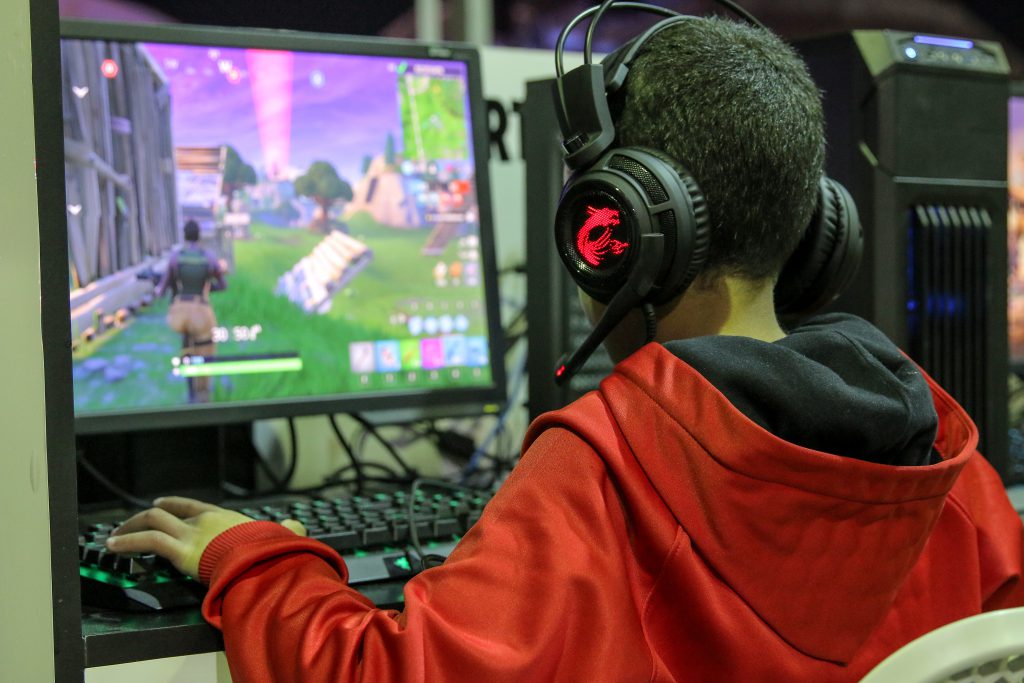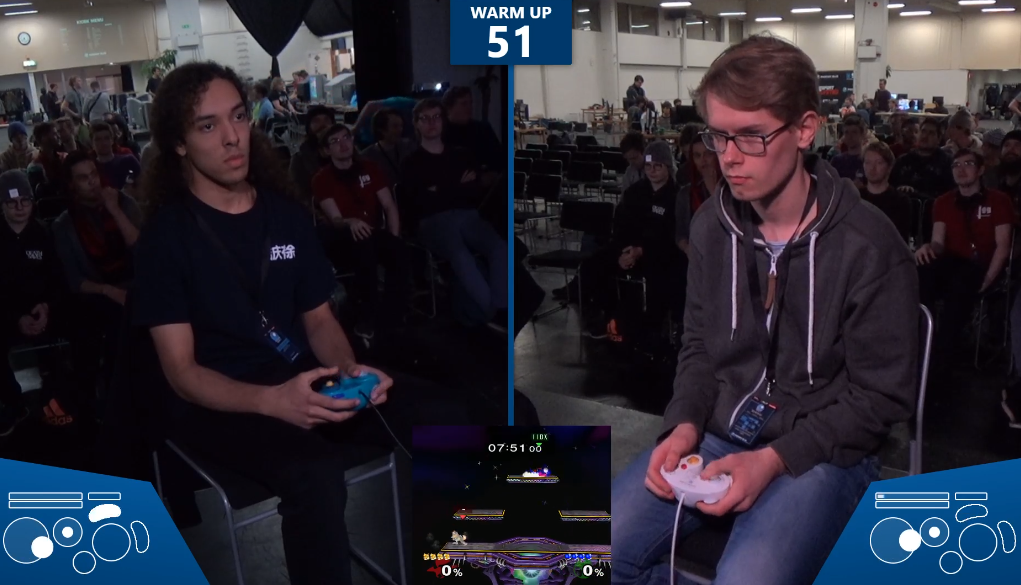Kyle Nolla could provide the research that allows top teams and organisations to improve and sustain their players’ mental strength.
Every year, thousands of gaming fanatics take to their PC or console each night in the hopes of being the next esports sensation. Hours upon hours a day are poured into a game with dreams of being a high-level competitor. Aside from raw practice, there are other aspects to consider in the journey to high-level gameplay that reaches outside of the game itself. Mentality, composure and discipline being just a few of the factors involved. PhD candidate at Northwestern University, Kyle Nolla, has been experimenting and finding out what really goes on in the mind of a top 100 player.
Esports Insider: Tell us about yourself and how you began your study

Kyle Nolla: I’m Kyle Nolla, a 4th year PhD Candidate in psychology at Northwestern University. I’m concurrently pursuing a Masters of Statistics. I did my undergraduate degree at the University of Chicago where I worked in Sian Beilock’s Human Performance Lab studying the effects of performance pressure and gender stereotypes on child and adult cognition. Right now, when people ask, I say that I study expertise and cognition in competitive video game players.
At a local tournament, I looked around and realised, look at all these people willingly putting themselves under pressure, building skill and probably using creativity in their matches. Maybe I should study gamers? My adviser was willing to give it a shot, and my subsequent gaming project produced fruitful and interesting scientific results. Now, every study I work on is Smash-based.
“Current top players and their coaches will be interested in the results to see how they can push top performance even further”

Can Kyle Nolla’s research have an impact on all competitive gamers? Image Credit – MET Events
ESI: What results do you hope to find and what will the results show you and interested parties?
KN: I’m interested in whether all top players have a similar skill set – high cognitive horsepower, consistent social support, strong and automatic emotion regulation skills, and the old “10,000 hours of practice” skill background. Furthermore, it may be that some of these skills contribute more than others: does strong social support make up for lack of emotion regulation? Do hours of practice make up for lack of reaction time and memory? Or is having at least a little of each the formula to success? That sort of thing.
“I’m hoping the results can help a lot of different people. Current top players and their coaches will be interested in the results”
I’m hoping the results can help a lot of different people. Current top players and their coaches will be interested in the results to see how they can push top performance even further. For aspiring top players, they can take away from my research that such-and-such is a necessary component of success – maybe they’d been writing off the fact that they choke, or they’d been getting by on naturally quick reflexes but haven’t been putting the time in.
For cognitive scientists, the results will inform the interconnections of different skills and thought, addressing questions about modularity and the cognitive structure of skill. Members of the gaming industry may find it useful to know how attitudes about skill can motivate (or demotivate) players and lead to long-term investment in a game, and address questions of access and social support. My results also have potential implications for mental health.
ESI: How do you think the results will affect future high-level gaming and do you think it’ll change the way players go into high-intensity matches?

KN: I have several studies going right now – a Smash training study with non-gamers, a personal case study on my skill acquisition in Ultimate, and my Top 100 study. A few years ago, I finished up my Master’s thesis describing the skill acquisition process and emotion regulation strategies of Smashers across all skill levels. I’ll be proposing my dissertation in a few months which will be an extension of the Top 100 study.
The Top 100 study is my attempt to understand the complete set of skills involved in gaining and maintaining a high level of expertise in Smash and esports more generally. Everyone knows that practice builds skill, but how are experts practising to both maintain and adapt? I’m curious about the “cognitive horsepower” that they have as well – how their reaction times, short-term and working memory capacities, creative thinking, and so on support their skill learning and performance.
Emotion regulation is an important component too, as they couldn’t be where they are if they choked away every set. I measure their day-to-day adaptive stress responses as well. Finally, I interview them about their social experiences of support inside and outside of the community, and poll their opinions on things like: ‘Is Smash more about practised work or natural talent?’ and ‘What do you see as the role of women and racial minorities in the Smash community’?
“We also have a unique social setting that straddles the online and offline, which lets us ask questions about identity, gender, and so on across those settings”
ESI: Why did you want to do this research?
KN: I believe that esports is the future, and as a budding field, it’s rich with unique research questions that no one has gotten a chance to answer yet. As our society becomes more gaming-friendly, it’s important for us to understand the factors involved in actually creating a gaming career, as well as the potential effects of that skill acquisition process. We also have a unique social setting that straddles the online and offline, which lets us ask questions about identity, gender, and so on across those settings.

